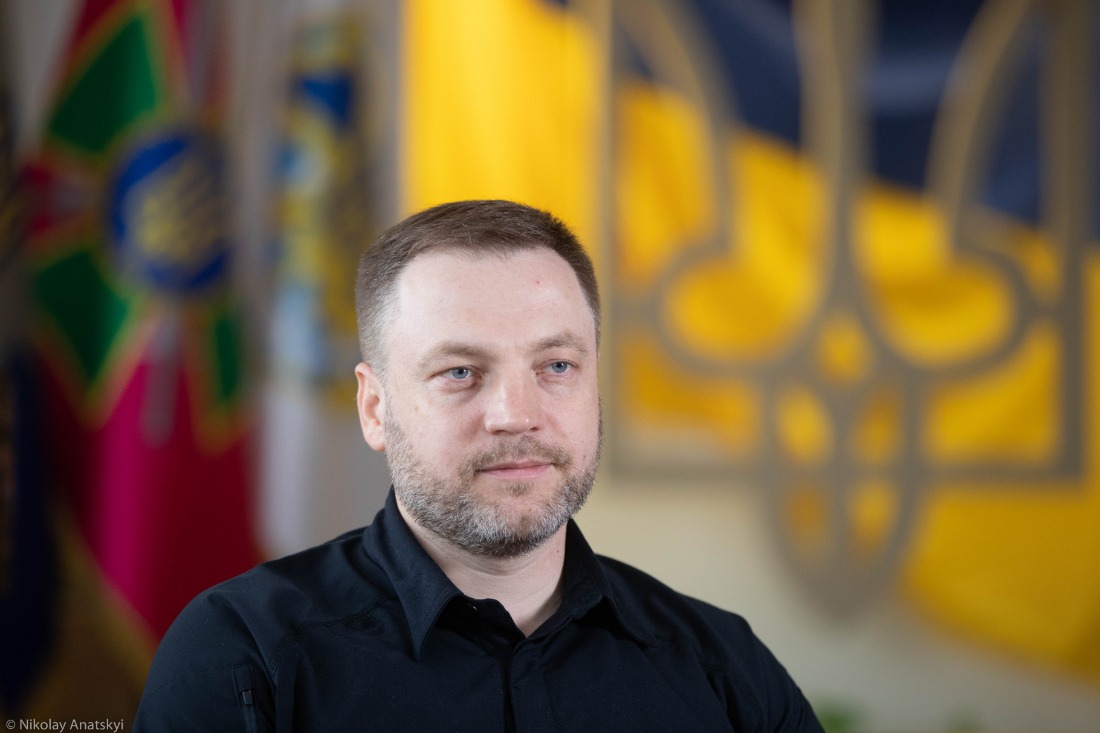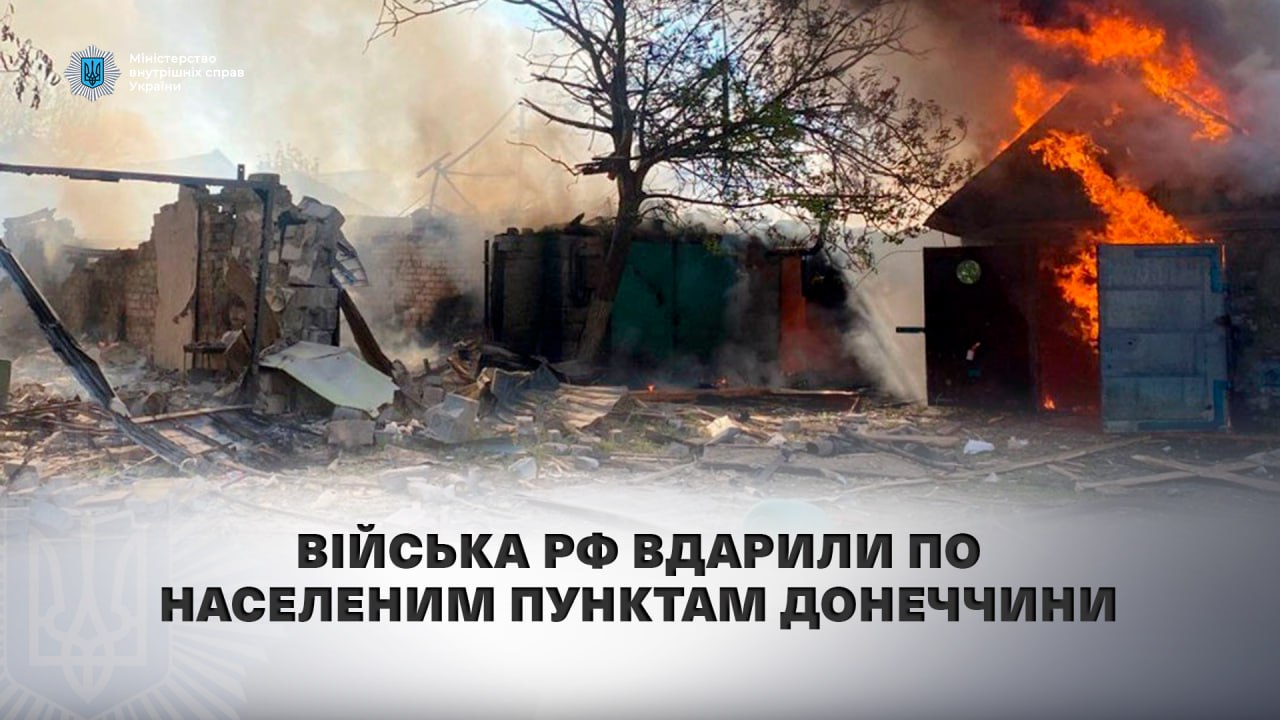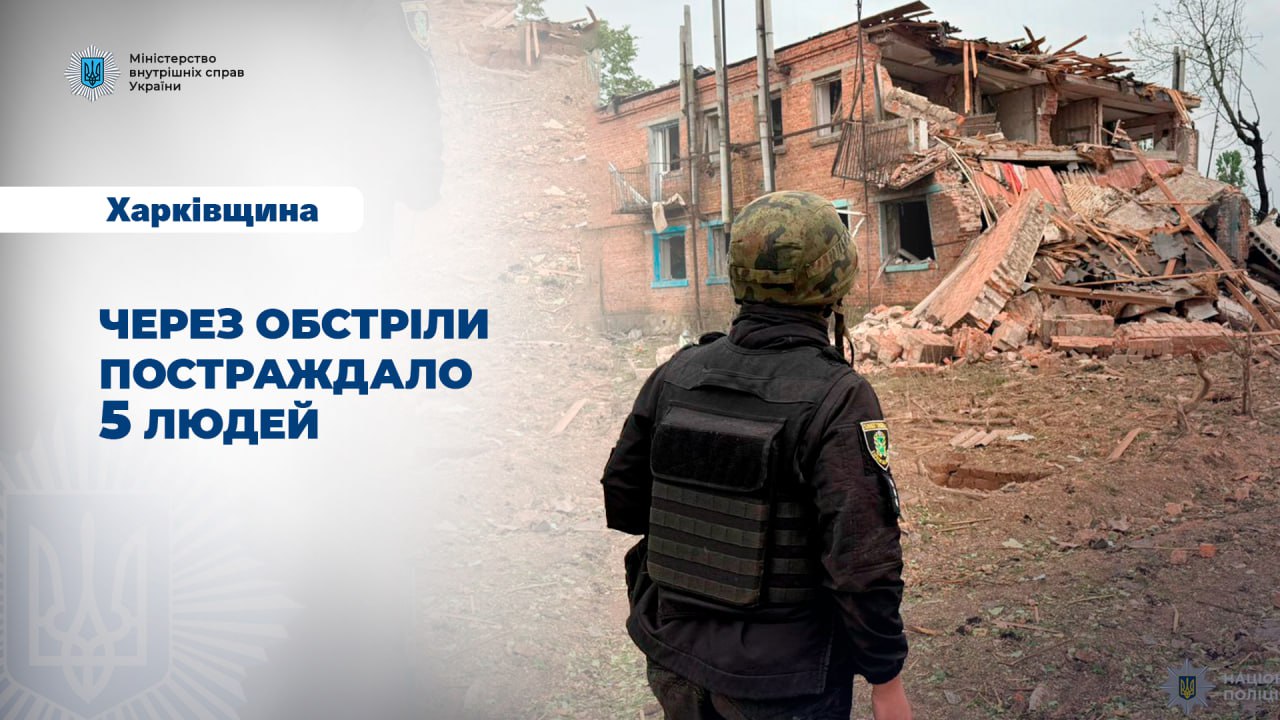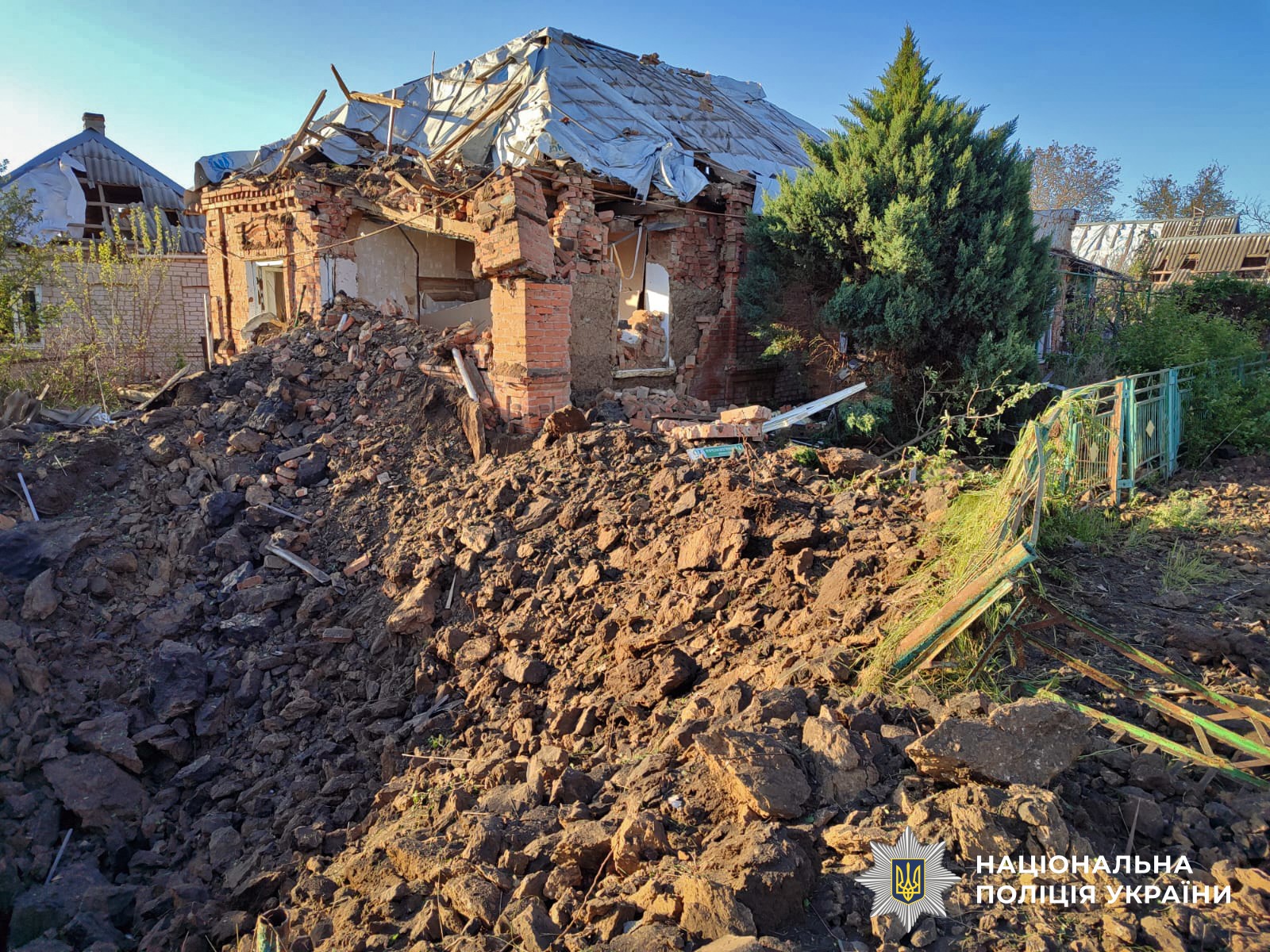Denis Monastyrsky: Restoring life in the de-occupied territories is our common big task

Today, on the broadcast of the “United News” tele-marathon, Minister of Internal Affairs of Ukraine Denis Monastyrsky spoke about the first days after the de-occupation of the Estuary, the importance of humanitarian demining and the scale of Russian war crimes in the liberated territories.

“The emotions of the people were difficult, because they lived many months under occupation and did not understand how long the Ukrainian authorities had returned. Now people have received almost all services. This concerns the renewal of documents that have been destroyed or lost,” the Minister said.
The first to communicate with citizens were policemen and guards. They made yard detours.
“The bypass showed that almost every tenth house in the Estuary is destroyed, half of the houses are significantly damaged, there is no light or heat in the city. This is a big task for the authorities - to restore,” Denis Monastyrsky said.
The most acute here is the issue of demining. After all, the pollution of the territories with explosive objects is a serious obstacle to the restoration of the activities of all authorities and the life of people in the city.
“Pollution in terms of mine hazard of territories here is twice as high as in Kyiv, Chernihiv, Sumy regions. The fire technicians of the SNS, which are the main ones in humanitarian mining, and the NPU have witnessed this. It will take several months to carry out the primary demining - this is access to power grids, roads, entrances to residential buildings - it will take several months.If we are talking about rivers and lakes - these are years,” the head of the Ministry of Internal Affairs explained.
Unfortunately, we have fatalities among pyrotechnics, there are cases of deaths of electricians who tried to restore the light without preliminary demining. There are also victims among civilians, because it is almost impossible to get out of your house and not come across a mine or a stretch mark here.
The most striking thing in almost every city where our units enter after the de-occupation are burial sites.
“In the estuary, we found 60 bodies of the dead, of which we have been able to identify 31 people today. This is a procrastinator,” Denis Monastyrsky said.
The first weeks under constant shelling, because this is essentially the front edge of the defense, here the evidence will be collected and only our specialists will work. Further, as is already the case in Kharkiv region, international ones are involved.
“In this way, the Western expert community will confirm the conclusions reached by our investigators,” the minister explained.
Also on the air Denis Monastyrsky suggested that very serious investigations await usafter the de-occupation of Mariupol and spoke about the interaction with the released prisoners of the Azov regiment, as well as the provision of medical and psychological assistance to them.
All war crimes committed by the Russian army in relation to Ukrainian prisoners of war are recorded by the investigators: “Also about what they saw before they were captured, that is, the crimes that were committed in Mariupol and Azovstal. Now the guys are in treatment, give testimony. I think that in a certain time we will be able to see in person not only the commanders, but also the ranks.”






